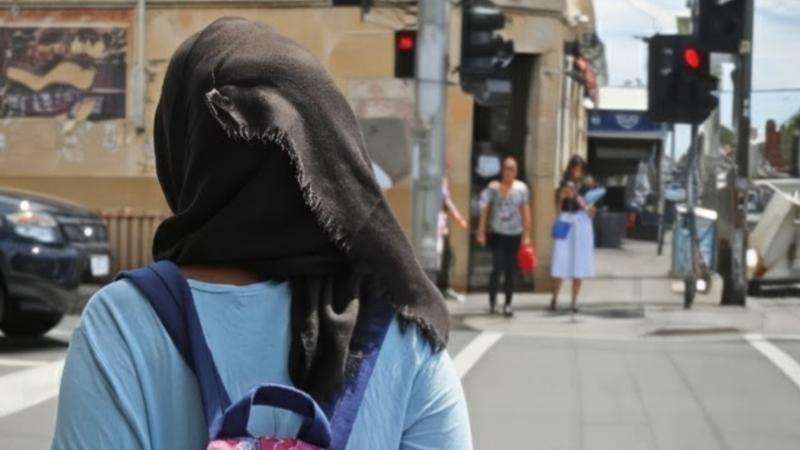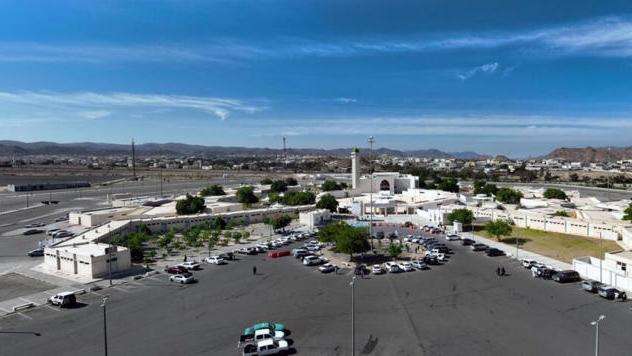Though the USA retained the top position in terms of the foreign direct investment (FDI) in Bangladesh over the years, the previous two calendar years saw the United Kingdom regain the top position in a changing environment.
In 2023, the inflow of net foreign direct investment (FDI) dropped by 16% year-on-year as uncertainty gripped new investors and entrepreneurs during the election year.
According to central bank data, Bangladesh received $3 billion in net FDI last year, compared to $3.48 billion in 2022.
According to Bangladesh Bank data, the United Kingdom retained the top position with $614 million in 2023, followed by the countries like the Netherlands, the US, China, South Korea, Norway, and Singapore.
The net FDI inflow in 2023 consisted of $2.21 billion, or 73%, from reinvested earnings. This indicates that the main source of FDI for the country is the reinvestment of returns from existing foreign investments. Additionally, equity capital inflows reached a four-year low of $705 million.
According to the Bangladesh Bank data, UK investors reigned top position with 560.68 million US dollars followed by US companies with 354.19 million US dollars. Bangladesh attracted FDI worth 3479.95 million in 2022.
Syed Ershad Ahmed, President of The American Chamber of Commerce in Bangladesh (AmCham), and Country Manager & Managing Director, Expeditors (Bangladesh) Ltd, while talking to this correspondent said Bangladesh should work on improving the business environment in to bid to woo FDI.
Syed Ershad Ahmed though USA lost position to UK last year, the cumulative investment by the USA companies over the years still highest in Bangladesh.
The cumulative net equity capital inflows in Bangladesh stood at USD 10259.65 million from 2006 to 2021, of which cumulative highest share of investing countries were USA: USD 2066.22 million or 20.1%, Singapore: USD 1586.12 million or 15.5%, People‟s Republic of China: USD 780.88 million or 7.6%, Netherlands: USD 684.27 million or 6.7%, U.A.E.: USD 642.20 million or 6.3% and Malaysia: USD 578.67 million or 5.6% of that period. Whereas in the year 2021, the share of investing countries FDI equity inflows were U.S.A.: USD 554.80 million, People‟s Republic of China: USD 210.62 million, Singapore: USD 118.95 million, Mauritius: USD 32.99 million, U.A.E.: USD 31.13 million and Hong Kong: SAR of China: USD 29.54 million. The top ten countries accounted for almost 79.8% of the total equity capital inflows during the entire period (2006 – 2021), according to Bangladesh Bank.
Syed Ershad Ahmed, however, said that the decision making and capacity building of the stakeholders concerned of Bangladesh should be improved in negotiating with stakeholders in the energy and mineral sectors of the multinational companies. He said indecision of the Bangladeshi stakeholders in negotiating with stakeholders of the US energy companies stand in the way of new investment in the energy sector.
The USA energy giant ConocoPhillips’ left Bangladesh as the state-owned Petrobangla’s (Bangladesh Oil, Gas & Mineral Corporation) decision on the Production Sharing Contract (PSC) on offshore gas exploration did not match with the US energy company.
ConocoPhillips’ Asia Pacific operations during 2022 consisted of producing fields in China, Indonesia, Malaysia and Australia, as well as liquefied natural gas (LNG) production and export in Australia, according to the international news.
The company produces from fields in China’s Bohai Bay, fields in Block G, block J and the Kebabangan Cluster (KBBC) in Malaysia, and the Australia Pacific LNG project has delivered stable production since its start-up in 2015.
In the first quarter of 2022, ConocoPhillips closed the sale of its Indonesia assets and completed the purchase of an additional 10% shareholding interest in APLNG, coring up the important Asia-Pacific segment.
Bangladesh won a legal battle against Myanmar and India in 2012 and 2014 to fix the maritime areas of the respective countries.
"We need to let the companies start the exploration process now. If one discovery is made, the scenario will change and many IOCs will develop a keen interest to explore here. And when the ball is in our court, we may negotiate with terms more favourable to us," said Badrul Imam, honorary professor at the University of Dhaka's geology department.
Bangladesh has become one of the most attractive emerging markets globally. The gross FDI received from calendar year 2018 to CY 2022 is USD 20626.75 million and net FDI stood USD 15426.34 million. This flow funds over the years have helped the country in advancement of technology, skill up gradation, employment generation, better infrastructure and management.
Gross FDI inflows during the year 2022 received USD 4827.29 million. The size of disinvestment (included capital repatriation, reverse investment, loans to parents, and repayments of intra-company loans to parents) during the year 2022 recorded USD 1347.34 million which was 27.9% of gross FDI inflows. Hence, net FDI inflows in Bangladesh during the year 2022 were USD 3479.95 million.
Meanwhile, on the slowing FDI inflow, Ahsan H Mansur, executive director at the Policy Research Institute, said, "Bangladesh's macroeconomic situation is now slightly worse than before. This has become a consideration for attracting new investments.
"Additionally, our position in the balance of payments is not very favourable. Furthermore, due to the global situation, FDI inflow has decreased in most developing countries."
Asked why reinvestment earnings are a major part of FDI, Ahsan H Mansur said, "The return on investment in our country is very good. Therefore, many people reinvest the income they earn from investments."
"However, in many cases, investors face various hurdles, including central bank restrictions, in repatriating their earnings. As a result, they are naturally forced to reinvest their earnings again," he added.
According to central bank data, the textile and apparel sector attracted the largest investment of $591 million in 2023. Additionally, significant investments were made in sectors such as banking, power, gas, petroleum, and food.
Naser Ezaz Bijoy, chief executive officer at Standard Chartered Bank Bangladesh, said "The decline in FDI to Bangladesh in 2023 was not surprising."
He said there are mainly three reasons behind the declining trend of FDI inflow. Firstly, foreign investors hesitate to make new investments in an election year.
Secondly, as per the United Nations Conference on Trade and Development (Unctad) report, developing countries in Asia saw a 12% decline in global FDI flow in 2023 due to economic uncertainty, of which Bangladesh was not an exception.
Lastly, the tight forex situation in the country has also made investors adopt a "wait-and-see" approach when making new investments.
Asked how FDI inflow can be increased, the seasoned banker said now that the election is behind us and there is a runway for the next five years. As a result, investors are exploring new investment opportunities, including the acquisition of local companies.
"But to crystallise these intents to actual investments, we need to improve the investors' experience in the elements of ease of doing business such as starting business to logistics, customs and taxation. Additionally, the ability to repatriate profit or dividend, as well as the sale proceeds of equity dilution or exit, influences the decisions of new investors," he added.
Naser Ezaz Bijoy said a vibrant capital market and liberal forex regulation will help attract FDI in a country like Bangladesh, which is already half a trillion USD market with the potential to be the 9th largest consumer economy by reaching $1 trillion of nominal GDP in 2031.



_7.jpg)




.svg)
